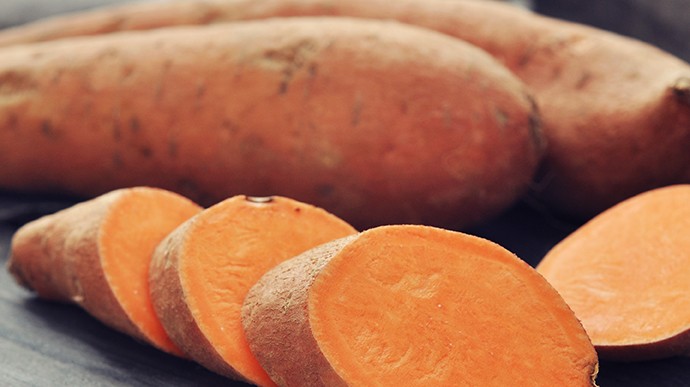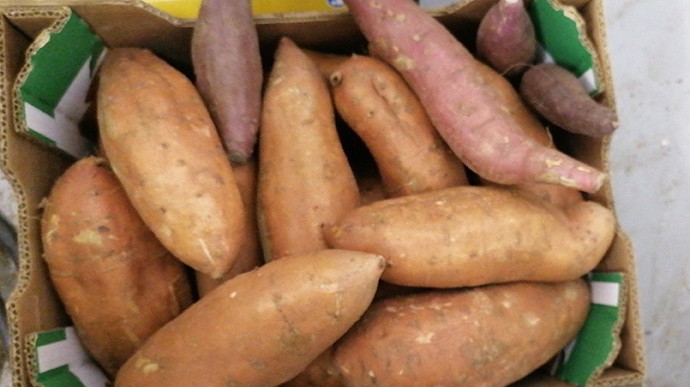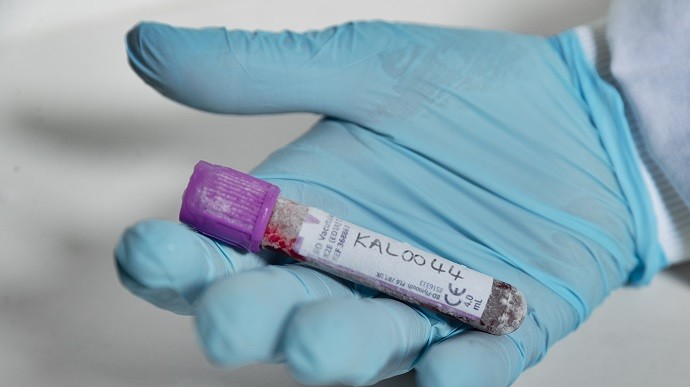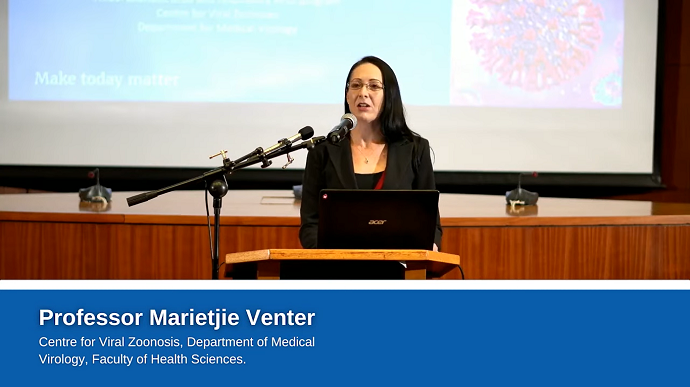 Story
Story
Researchers at the University of Pretoria (UP) have found a way to make orange-fleshed sweet potato last longer in an effort to benefit from this smart crop and address micronutrient deficiencies among young children and pregnant women.
 Gallery
Gallery
Orange-fleshed sweet potatoes can be used to address micronutrient deficiencies, but are only available for two to three weeks a year. Researchers at the University of Pretoria are trying to prolong availability of the nutrient benefits by milling it into flour using various drying techniques to see which method preserves the nutrients best.
 Story
Story
Two pioneering studies published simultaneously today in Nature and Genome Medicine have identified genetic signatures explaining ethnic differences in the severity of prostate cancer, particularly in sub-Saharan Africa.
 Stories
Stories
Welcome to the third issue of, RE.SEARCH. The first two issues looked at ‘Sustainability’ and ‘Innovation’. Issue 3 looks at how we can ‘Renew’ our ways of thinking and grow possibilities. This edition features research that should excite everyone from the Beyhive to forensic pathology enthusiasts to understanding new ways of work. It is now available online.
 Story
Story
Until we know more about the risks, we should try to limit our exposure to microplastics found in products and in the environment, and the toxic chemicals associated with them. This is according to Professor Halina Röllin of UP’s School of Health Systems and Public Health, who was part of a team of researchers who gathered the most up-to-date research on the effects of nano- and...
 Lecture
Lecture
The World Health Organisation (WHO) identified disease X as the next pandemic threat, a year before the emergence of SARS-CoV-2, which sparked the COVID-19 pandemic. The true impact of the pandemic over the past two years far exceeded our expectations, with >18 million excess deaths worldwide, as well as extensive pressure on healthcare systems and the global economy. Although the world is...
Copyright © University of Pretoria 2024. All rights reserved.
Get Social With Us
Download the UP Mobile App